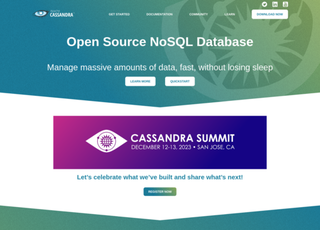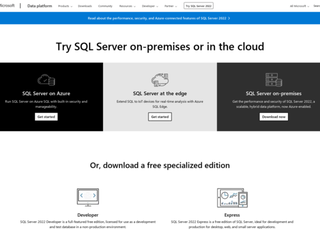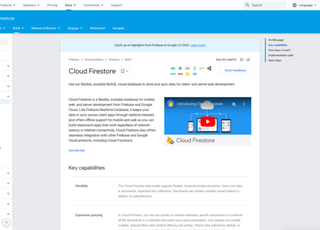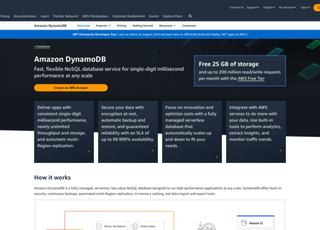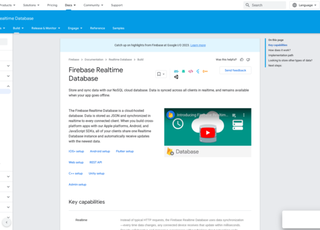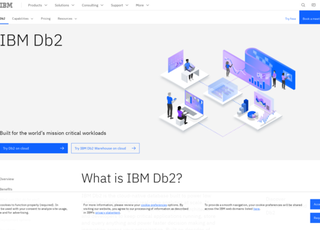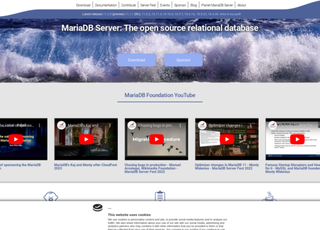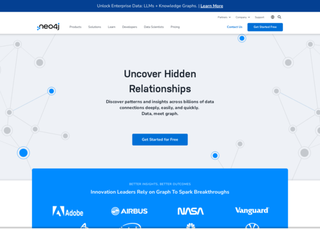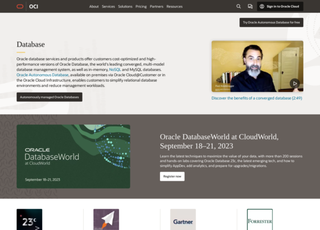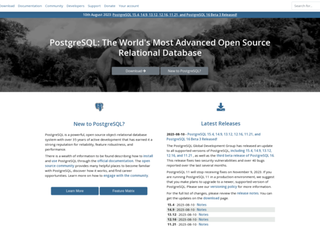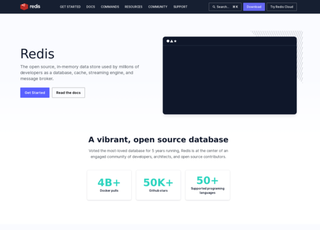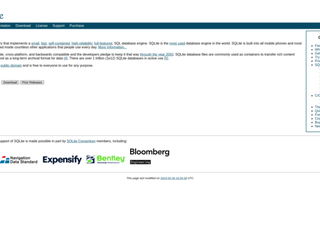MySQL
MySQL is a widely-used open-source relational database management system (RDBMS). It's known for its reliability, robustness, and ease of use. MySQL was originally developed by a Swedish company, MySQL AB, and later acquired by Oracle Corporation. It operates on a client-server model and uses Structured Query Language (SQL) for managing data.
Key Features of MySQL:
SQL Compatibility
MySQL uses standard SQL, making it easy for anyone with SQL knowledge to operate.
Relational Database
It allows data to be stored in different tables rather than putting all data in one big storeroom, improving speed and flexibility.
Performance and Scalability
Known for its fast performance, MySQL can handle large databases and has been tested with a significant amount of data.
Cross-Platform Support
MySQL can be run on various platforms, including Linux, Windows, and MacOS.
Security
It provides solid data security layers, including encrypted connections and authentication processes to safeguard sensitive data.
Customization
The open-source nature of MySQL allows developers to modify the source code to suit their specific environment.
Storage Engines
MySQL supports multiple storage engines (like InnoDB, MyISAM), each suitable for different types of applications, allowing optimization for specific tasks.
Replication and Partitioning
It supports database replication and partitioning, aiding in improving performance and managing large databases more efficiently.
Large Community Support
Having a large and active community, MySQL offers extensive resources for learning and troubleshooting.
Integration and Support for Various Programming Languages
MySQL is easily integrated with various programming languages like C#, PHP, Python, Java, etc., making it a go-to choice for web development.
Applications of MySQL:
Web Applications
Widely used in web applications and forms the database component of the popular LAMP (Linux, Apache, MySQL, Perl/PHP/Python) stack.
E-commerce
Powers numerous e-commerce platforms with its ability to efficiently manage and retrieve data.
Data Warehousing
Used for data warehousing where large volumes of data are stored and managed.
Logging Applications
Its speed makes it suitable for logging applications.
ACID Compliance
MySQL ensures ACID (Atomicity, Consistency, Isolation, Durability) compliance in its InnoDB storage engine, which is crucial for transactional integrity. This means that transactions are processed reliably and guarantee that data is consistent and accurate, even in the event of a power failure, crash, or error.
High Availability
MySQL offers various options for high availability, such as MySQL Cluster and Master-Slave replication. These features ensure that the database remains available and accessible, even if one or more servers in the cluster fail.
Backup and Recovery
It provides comprehensive options for data backup, including full, incremental, and partial backups. This ensures data safety and aids in quick recovery in case of data loss.
Graphical Tools and Command Line Interface
MySQL comes with a variety of tools for database design, tuning, and administration. These include graphical tools like MySQL Workbench, as well as a command-line interface, catering to different preferences of database administrators and developers.
Regular Updates and Improvements
Being actively developed, MySQL regularly receives updates that introduce new features, enhance existing ones, and fix bugs, ensuring the technology remains current and robust.
Compatibility with Cloud Services
MySQL is compatible with various cloud services, making it easy to deploy in cloud environments. This aligns well with the increasing trend of cloud computing in the industry.
Cost-Effective
As an open-source solution, MySQL can be a cost-effective option for businesses, especially small to medium-sized enterprises. Even the enterprise edition of MySQL, which comes with additional features and support, is generally more affordable compared to other commercial database solutions.
Use Cases in Different Industries:
Banking and Finance
For managing transactions, accounts, and customer data.
Telecommunications
For managing large volumes of call data and user information.
Healthcare
In managing patient records, appointment systems, and medical data.
Education
For student information systems, course management, and online learning platforms.
Government
In public sector databases for various civic and administrative functions.
MySQL's versatility and reliability make it a favorable choice across many sectors. While it excels in web and e-commerce applications, its use in data warehousing, logging, and even as a backend for enterprise applications underlines its adaptability to different data management needs. Whether for small projects or large-scale enterprise applications, MySQL offers a combination of performance, reliability, and flexibility, making it one of the leading choices in the world of RDBMS.





















